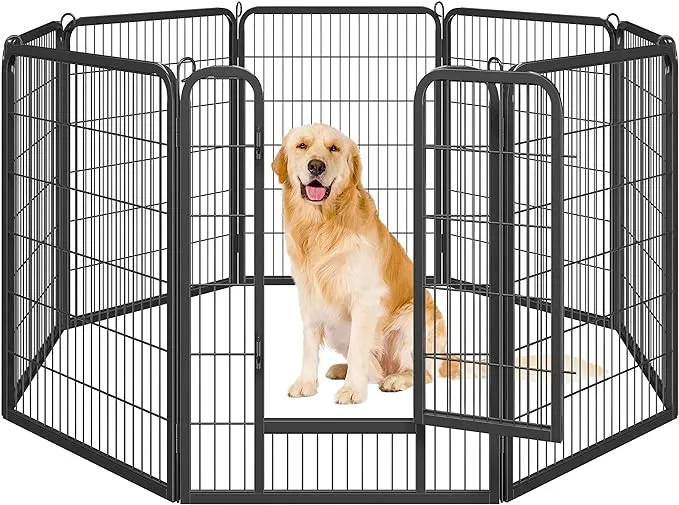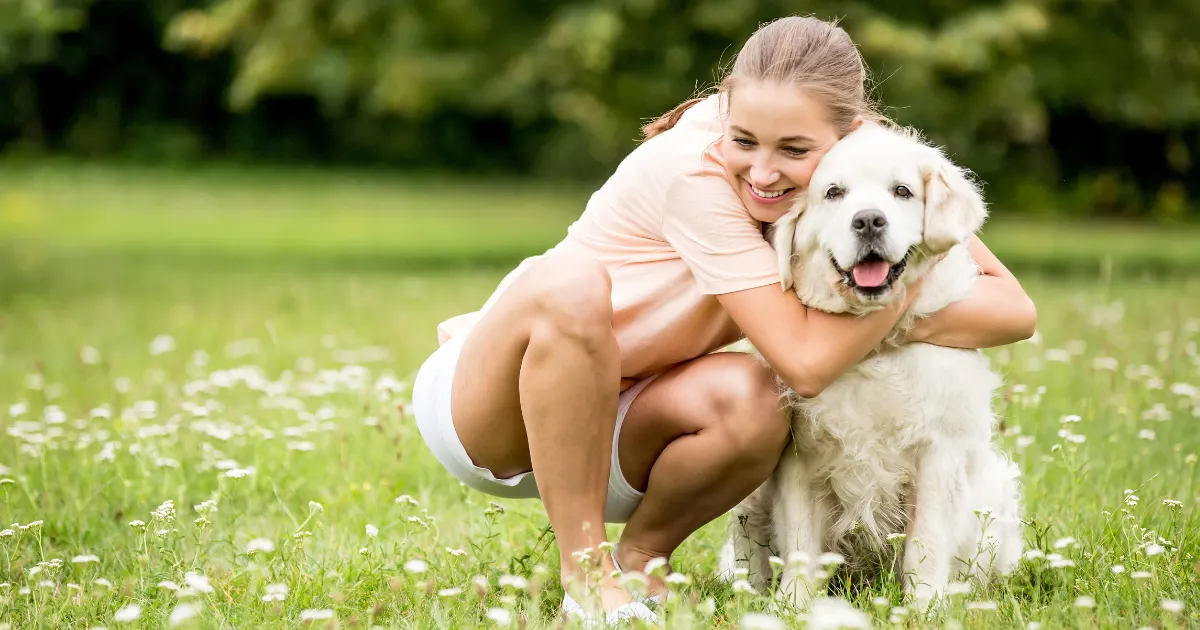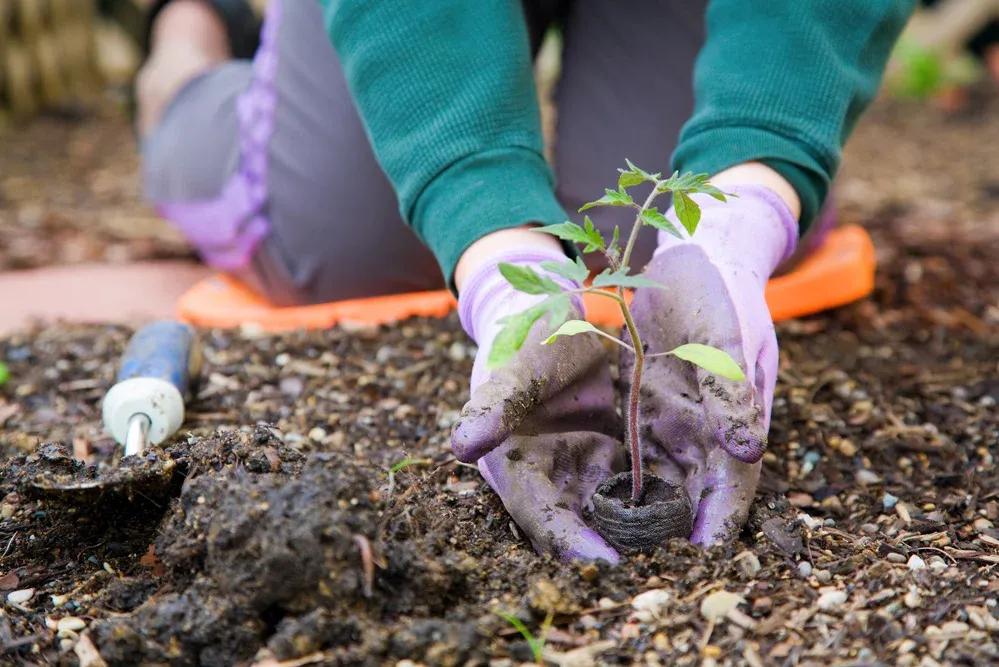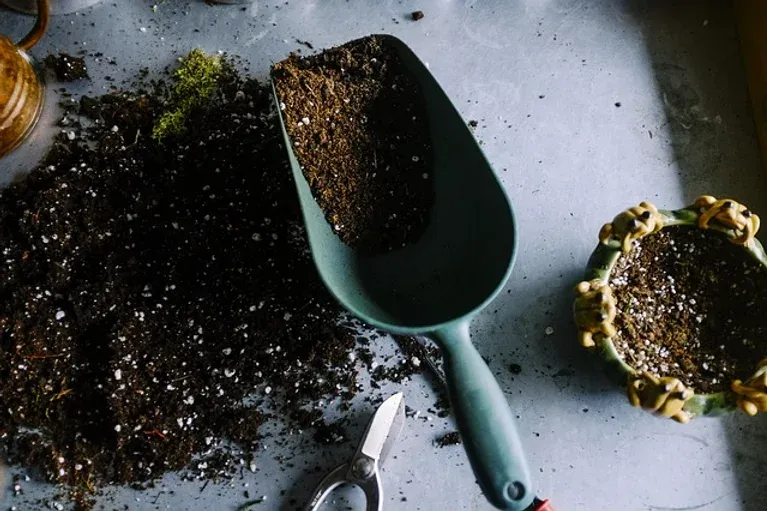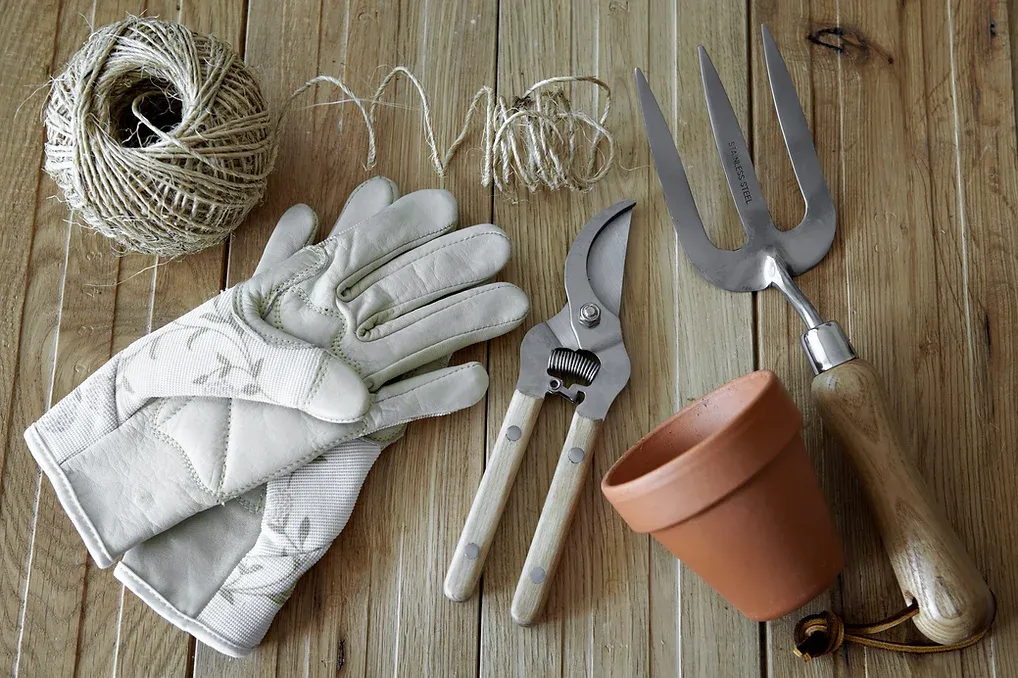Preventing Dogs from Chewing
Effective Solutions and Strategies
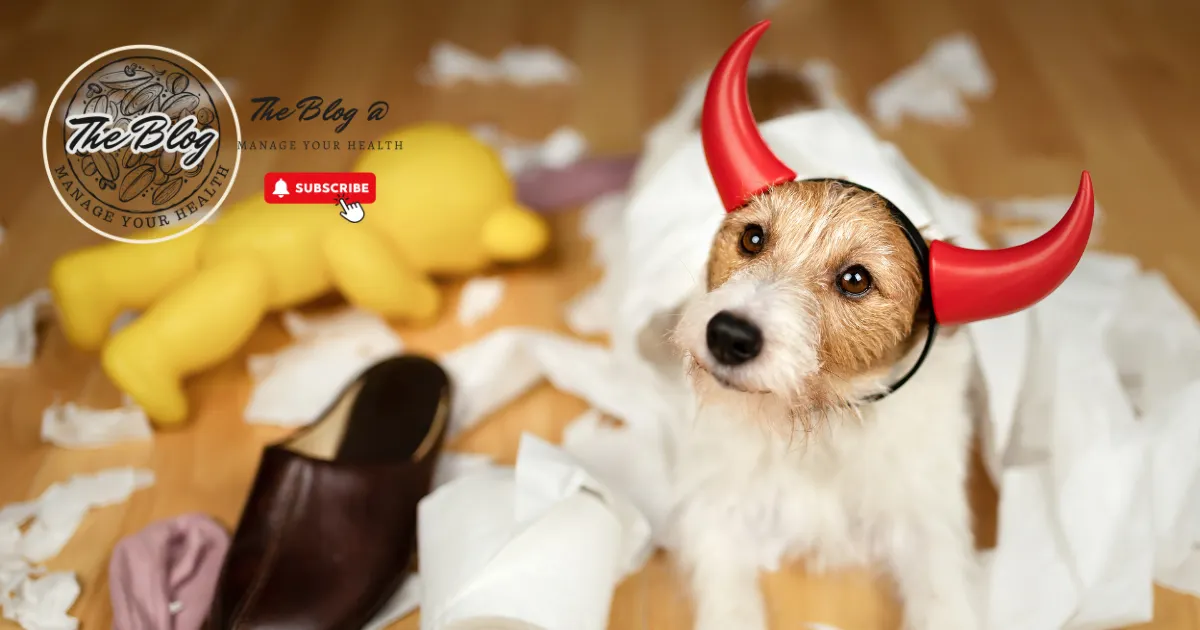
One of the challenges many dog owners face, especially in the early days, is dealing with destructive chewing behaviour when their dog is left alone. Most dog owners have experienced the problem at some point or another, be it expensive furniture, door mats, dog beds or socks. Not only can chewing lead to destructive damage of furniture and belongings, but it can also pose a safety hazard for dogs from ingesting something they shouldn't.
In this blog post, we'll explore some effective solutions and strategies for preventing dog chewing when left at home alone, helping you create a safe and harmonious environment for both you and your pet.
Understanding the Root Cause:
Before addressing the problem of chewing, it's important to understand why dogs engage in this behaviour. Dogs may chew out of boredom, anxiety, or simply to relieve stress. Identifying the underlying cause of your dog's chewing can help you develop a targeted approach to addressing the problem.
Provide Ample Exercise and Mental Stimulation:
Many cases of destructive chewing can be attributed to pent-up energy and boredom. To prevent your dog from chewing out of boredom, make sure they receive plenty of exercise and mental stimulation each day. Regular walks, playtime, and interactive toys can help keep your dog physically and mentally engaged, reducing the likelihood of destructive behaviour.
Use Chew Toys and Interactive Puzzles:
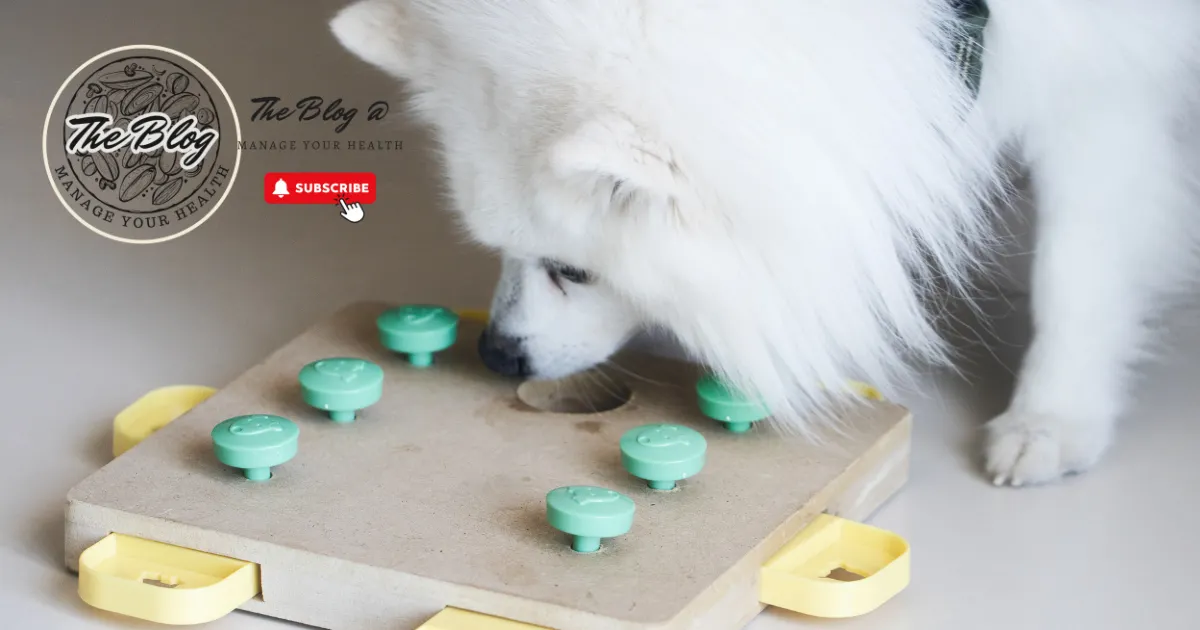
Provide your dog with a variety of safe and durable chew toys to satisfy their natural urge to chew. Opt for toys specifically designed for heavy chewers, such as rubber or nylon toys. Additionally, consider introducing interactive puzzle toys that dispense treats, encouraging your dog to work for their reward and keeping them occupied while you're away.
Establish a Safe and Comfortable Space:
Create a designated "safe zone" for your dog to retreat to when left home alone. This could be a cosy crate, a gated area, or a comfortable bed in a quiet corner of the house. Make sure the space is equipped with everything your dog needs, water, toys, and comfortable bedding to keep your dog content and relaxed during your absence.
Gradually Increase Alone Time:
If your dog exhibits signs of separation anxiety or distress when left alone, gradually increase their alone time in small increments. Start by leaving them alone for short periods and gradually extend the duration over time. This gradual desensitisation can help your dog become more comfortable with being alone and reduce anxiety-related chewing behaviour.
Consider Professional Training and Behavioural Therapy:
If your dog's chewing behaviour persists despite your best efforts, consider seeking professional help from a certified dog trainer or behaviourist. They can assess your dog's behaviour, identify underlying issues, and develop a customised training plan to address the problem effectively. In some cases, behavioural therapy or medication may be recommended to manage severe anxiety or compulsive chewing behaviour.
Preventing dog chewing when left home alone requires patience, consistency, and a proactive approach to addressing the underlying causes of the behaviour. By providing ample exercise, mental stimulation, and safe chew toys, establishing a comfortable space for your dog, and gradually increasing alone time, you can help prevent destructive chewing and create a positive environment for your four legged friend. If the problem persists, don't hesitate to seek professional help to address the issue effectively. With time and patience, you can help your dog overcome destructive chewing behaviour and enjoy a happy, stress-free life at home.

